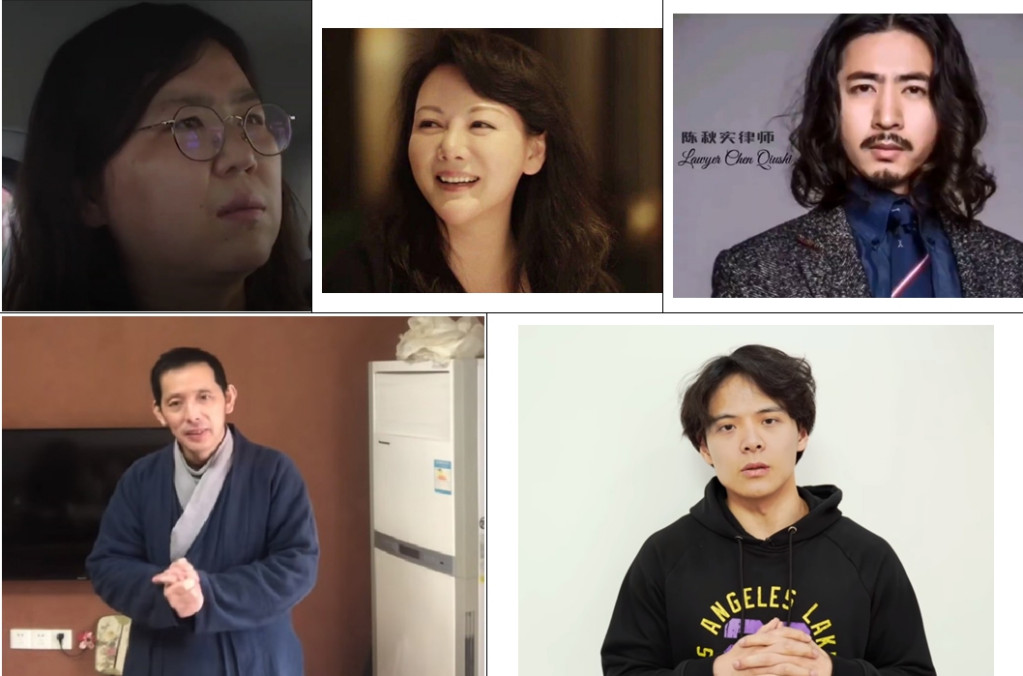新冠大流行病疫COVID-19首先在中國爆發,中國卻也是第一個控制住此病疫的國家。中國政府採取了堅決,但通常是強暴的手段,來消滅該病毒。當局一開始試圖掩蓋事實真相,因此對那些最初發出病毒警示的人,政府採取同樣的手段來使他們閉嘴。很多武漢人死亡,卻不知道是什麼殺死了他們。警察訓斥吹哨人李文亮博士,說他聳人聽聞,「散佈謠言」,李醫生後來死於新冠病毒。
一年來,超過219個國家和地區受到病毒肆虐。迄今為止,全球已有250萬人死於這種冠狀病毒。世界經濟停滯不前,邊界關閉,通訊受限,大量人失業,而這場災難仍然沒有結束。
在中國,有很多人因為行使言論自由,並在網上發佈有關冠狀病毒情況的信息而受到迫害。以下是已知的一些例子:
案例一:
37歲的張展女士是駐上海的記者、律師,當武漢市病毒暴發,封城一周後,她於2020年2月1日匆匆趕往武漢。張展不停地拍照,她在擁擠的醫院、空蕩的街道、武漢病毒學研究所、南海海鮮市場(據稱是新冠最初的爆發原點)和日夜煙囪冒煙的火葬場,她都攝影存檔。她的照片記錄了這個城市的死亡和恐懼、痛苦和憤怒的氣味。張展將她的視頻片段上傳到YouTube。這些第一手資料呈現了這座被圍困城市的可怕場景,這跟官方的敘述相反。
張展被捕,並於5月中旬被遣送回上海。在拘留所中她被關押了6個月。11月開庭時,她被指控「尋釁滋事」,這是當局時常用來指控異見人士的罪名。在整個關押期間,張展遭受了酷刑,她一天24小時都戴著手銬。她於6月開始絕食,並被強迫灌食。灌食的管子刮傷了她的嘴、喉嚨和胃。 12月28日,她被判處四年徒刑。張展的母親被允許參加法院庭審, 事後,這位母親說:「我不明白,她只是說了幾句真話,就被判了四年。」
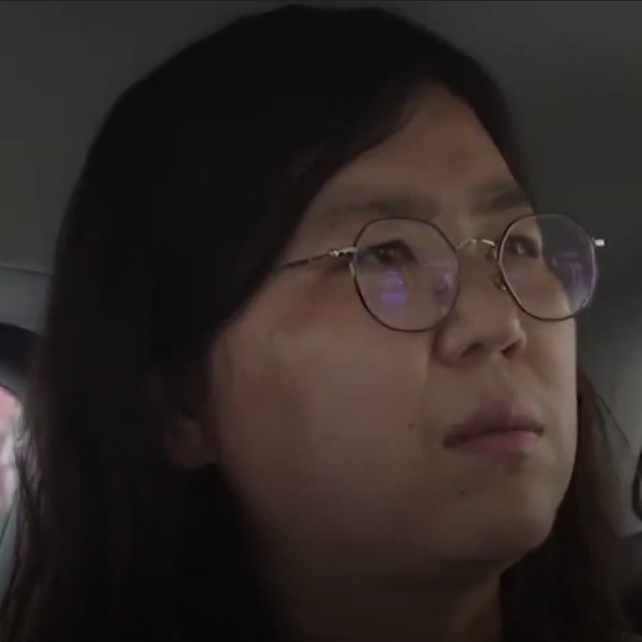
張展。圖/擷自維基百科,公有領域
案例二:
耿瀟男女士是出版商兼商人,在北京和丈夫一同經營一家出版公司,公司顧用9名員工。耿女士和她丈夫於2020年9月9日被拘捕,一個月後被正式逮捕。 2021年2月9日,她被判處3年徒刑,丈夫被判2年6個月。加諸他們的罪名是「非法經營」,這對夫婦被指控公司非法經營、行銷的出版物達20萬冊。國際媒體卻認為,耿女士受到懲罰是因為,她聲援批評共產黨和習近平主席的法學教授徐章潤。耿女士還試圖保護因揭露新冠病疫而受迫害的記者陳秋實。
在法庭上,耿瀟男的表現很合當局的意。她對法官說:「對起訴書中所指出的罪行,起訴方指控我的一切,我全都認罪。我很高興有這個寶貴的機會,在法庭上承認我的錯誤並道歉。」她還說:「剛才針對我讀出的所有證據都是正確的。」她早些時候解雇了律師,這是當局在政治案件中的普遍要求。
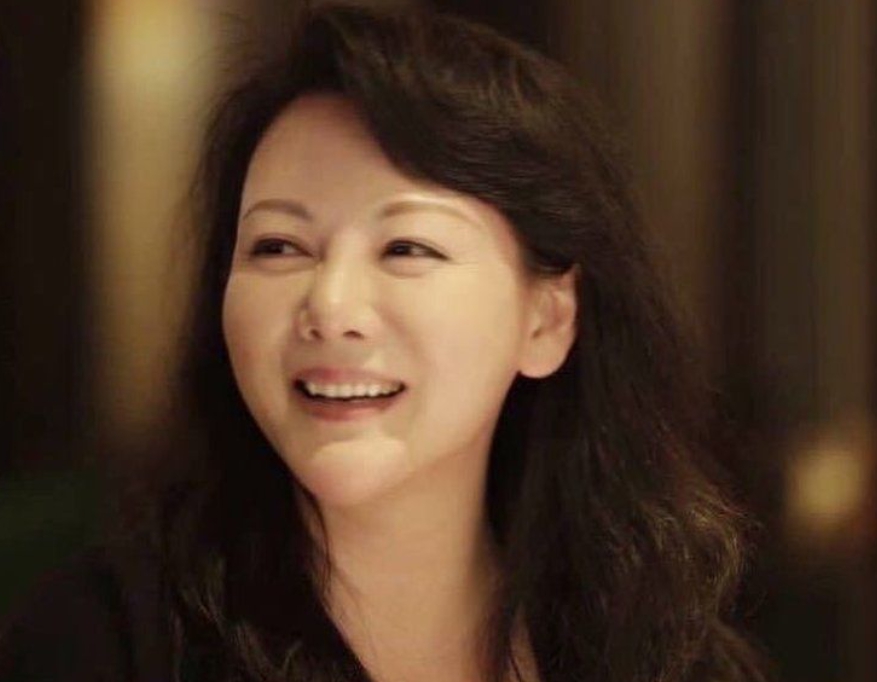
耿瀟男。 圖/擷自BBC中文網
案例三:
現年35歲的陳秋實先生在成為公民記者之前,是一名人權律師。他於2019年8月去香港,報導了香港的抗議活動。他關於香港的紀錄片,在網上贏得了70萬名追隨者。 2020年1月24日,即武漢實施封城的第二天,他前往這座擁有1100萬人口的城市,試圖製作一部有關新冠病毒的紀錄片。 2月6日,他失踪了。據稱他「被暴力隔離」。 9月18日,他的朋友發佈消息說,他受到當局的監控。另一位未經證實的消息人士說,他在青島父母家中。對於陳秋實的下落,我們仍然沒有可靠的記錄。
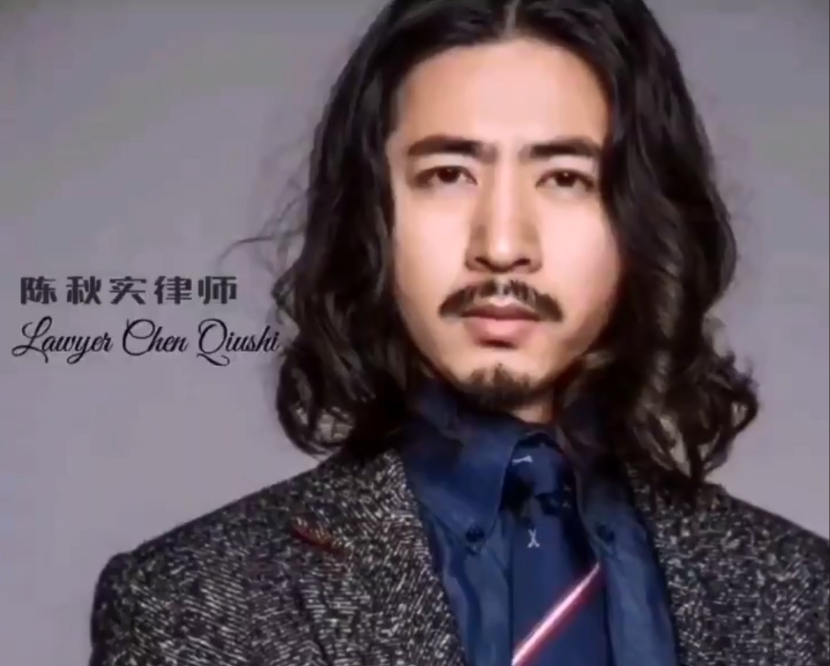
陳秋實。圖/擷自陳秋實推特影片
案例四:
方斌先生是武漢商人和公民記者。當武漢陷入新冠恐慌時,他使用微信和YouTube傳播了自己拍攝的照片。在2月1日至9日之間,他多次被警方抓獲。最終,他於2月9日失踪。沒有人知道他目前的下落。
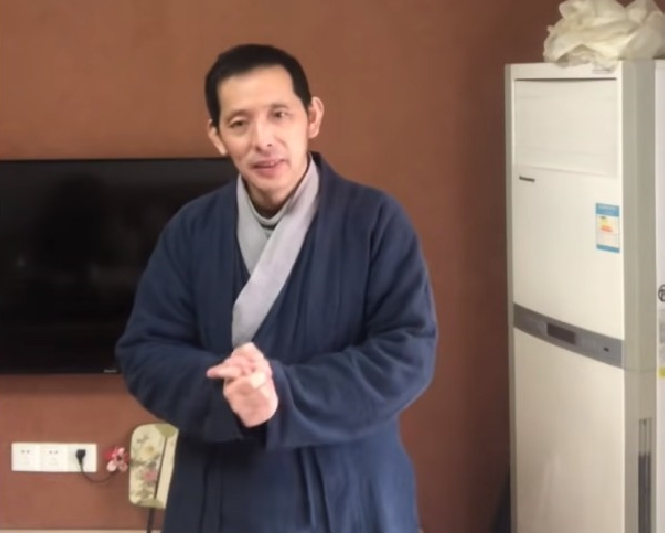
方斌。圖/擷自方斌youtube頻道
案例五:
26歲的李澤華先生是專業記者,他曾經在央視工作。在新冠大流行期間,他潛入武漢,希望找到失踪的記者陳秋實,卻無所獲。但是他運用他的專業技術,製作了新冠病毒的各個熱點視頻:醫院、火車站、墓地、P4實驗室。他將所有剪輯上傳到YouTube上,直到2月26日他「被消失」。4月22日,李在YouTube和微信上發佈了一段視頻,解釋說他於2月26日被帶到警察局。在那裡,他被拘留並隔離,後來他繼續被隔離,後被轉移到他的家鄉。李在影片中說,他於3月28日被警方釋放,但是從那以後沒有任何跡象表明李澤華身在何處。
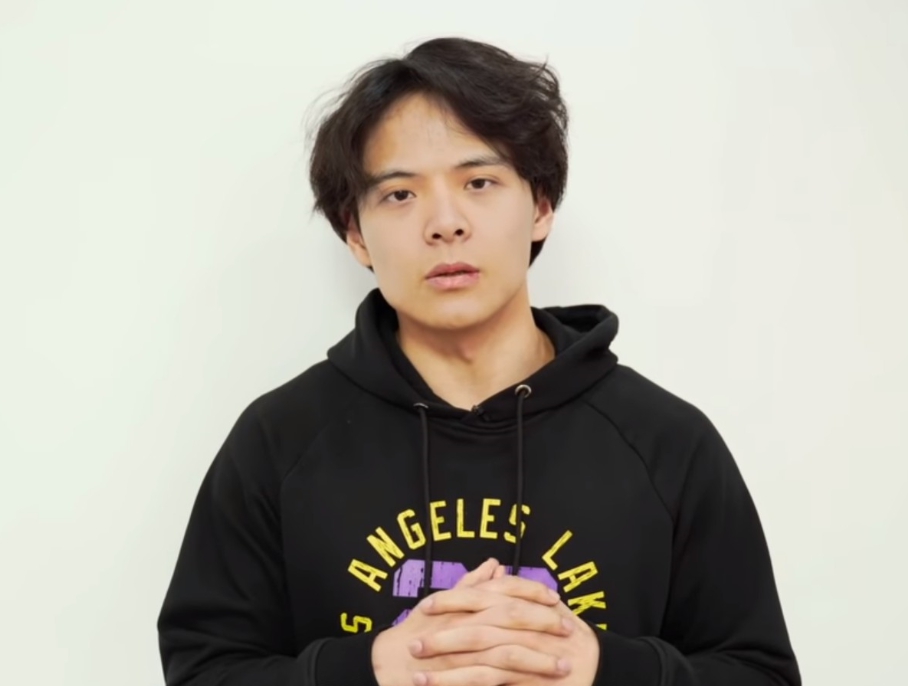
李澤華。圖/擷自李澤華youtube頻道
筆會國際和平委員會和獄中作家委員會呼籲中華人民共和國政府:
🔴結束對所有撰寫或報導新冠大流行病,或曾批評政府處理疫情不當的作家、新聞工作者和學者的迫害。
🔴立即釋放所有因報導或批評武漢新冠疫情的狀況,而被判入獄的公民記者和出版商,包括張展、耿瀟男及其丈夫秦震。
🔴說明陳秋實、方斌和李澤華的下落。確保他們的安全和工作權利。
🔴批准中國政府於1998年10月簽署的《公民權利和政治權利國際公約》。
🔴停止對在獄中的作家、新聞工作者和所有其他政治犯的虐待和酷刑。
(廖天琪譯自英文)
Joint Statement: Writers, journalists and publishers muzzled in China during the pandemic
6 April 2021: The COVID-19 pandemic broke out first in China, but China was also the first country to bring it under control. The government applied resolute but often brutal means to eliminate the virus. It adopted the same measures that it used to silence the people who had sent out warnings while the authorities tried to hide the truth at the beginning. Too many Wuhan people died without knowing what had killed them. The whistle-blower Dr. Li Wenliang died from COVID-19 after he was reprimanded by the police for “spreading rumours” about its dangers.
A year on, over 219 countries and territories have been affected. 2.5 million people have died globally of this coronavirus so far. The world economy has stagnated, borders have closed, communications are restricted, people have lost their jobs. There is still no end to the catastrophe.
In China, there are many people who have been persecuted because they have practiced their freedom of expression and posted online information about the coronavirus situation. The following are known cases:
Case 1:
The Shanghai based journalist and lawyer, Ms. Zhang Zhan, 37, hurried to Wuhan on 1 February 2020, one week after the city was locked down. She took pictures of the crowded hospitals, the empty streets, the Wuhan Institute of Virology, the Nanhai Seafood Market (the supposed original ground zero of Covid-19) the crematoria with smoke ascending day and night. She described the smell of death and fear, agony as well as rage. Zhang uploaded her video clips to YouTube. Her first hand accounts provide a dire picture of a besieged city, a contrast to the official narrative.
Zhang Zhan was arrested and transported back to Shanghai in mid-May. She was kept in a detention centre for 6 months before she was charged in November with “picking quarrels and provoking trouble”, a preferred wording to accuse dissidents. Zhang was tortured and kept in handcuffs 24 hours a day for the entire detention period. She began a hunger strike in June and was forced fed The feeding tube has damaged her mouth, throat and stomach. On Dec. 28, she was sentenced to four years. Zhang’s mother was allowed to attend the trial, she said afterwards “I don’t understand. All she did was say a few true words, and for that she got four years.”
Case 2:
The publisher and businesswoman Ms. Geng Xiaonan has a publishing company in Beijing. Together with her husband they have 9 employees working in the firm. Ms. Geng Xiaonan and her husband were detained on 9 September 2020 and formally arrested a month later. On 9 February 2021, she was sentenced to 3 years and her husband 2 years and 6 months. Their charge was “illegal business activities”. They were accused of illegally preparing 200,000 copies of books for publication. However, the international media believes that she was punished because she spoke out in defending law professor Xu Zhangrun, who has published essays with remarks critical of the Communist Party and President Xi Jinping. Ms. Geng also tried to protect the persecuted COVID-19 reporter Chen Qiushi.
In court, Geng has behaved just as the authority wanted. She told the judge:“I plead guilty to everything that is in the indictment, to everything the prosecution has charged me with…I am grateful to have this precious opportunity here in court to admit my mistakes and to apologise.” Furthermore, she said, “all the evidence that has been read out against me just now is correct. ” She had earlier fired her attorney, a common demand made by the authorities in political cases.
Case 3:
Mr. Chen Qiushi, 35, was a human rights lawyer before he became a citizen-journalist. He went to Hong Kong in August 2019 and covered the Hong Kong protests. His documentary on Hong Kong has won him over 700,000 followers online. On 24 January 2020, a day after the lockdown in Wuhan, he travelled to this city of 11 million and tried to make a documentary about Covid-19. On 6 February he disappeared. It was alleged that he was “quarantined by force”. On 18 September his friend released information that he was under the authorities' surveillance. Another unconfirmed source said he was in Qingdao at his parents' house. We still have no reliable account about Chen’s whereabouts.
Case 4:
Mr. Fang Bin is a Wuhan businessman and citizen journalist. He used WeChat and YouTube to disseminate the pictures he took when Wuhan fell into the COVID-19 panic. Between February 1-9 he was caught by the police several times. Finally he disappeared on 9 February. No one knows his current whereabouts.
Case 5:
Mr. Li Zehua, 26, is a professional reporter. He used to work at CCTV. During the pandemic he sneaked to Wuhan, hoping to trace the missing journalist Chen Qiushi. He did not find Chen, yet on his professional initiative he made videos of various Covid-19 hotspots: hospitals, the train station, the cemeteries, the P4 laboratory. He uploaded all the clips onto YouTube until he disappeared on February 26. On April 22 Li posted a video on YouTube and WeChat, explaining that he had been taken to the police station on Feb. 26. There he was detained and quarantined, later he was moved to his home town. Li said in the video that he was released by police on March 28, however there has been no sign of Li Zehua since then.
The cases above are just examples of the suppression of freedom of expression in China. They are only the tip of the iceberg. It is worth noting that China signed the UN's International Covenant on Civil and Political rights in 1998 but the People’s Congress has yet to ratify it.
The Peace Committee of PEN International calls on the government of the People’s Republic of China to:
End the persecution of all writers, journalists and scholars who have written or reported about the Covid-19 pandemic, or criticised the government's handling.
Immediately release all citizen journalists and publishers jailed for reporting or criticising the Wuhan Covid-19 situation, including Zhang Zhan, Geng Xiaonan, her husband Qin Zhen.
Explain the whereabouts of Chen Qiushi, Fang Bin and Li Zehua. Guarantee their safety and their right to work.
Ratify the International Covenant on Civil and Political Rights, signed by the PRC government in October 1998.
Cease the ill treatment and torture of jailed writers, journalists, and all other political prisoners.
英文聲明連結:https://pen-international.org/news/writers-journalists-and-publishers-muzzled-china-during-pandemic
專文屬作者個人意見,文責歸屬作者,本報提供意見交流平臺,不代表本報立場。


